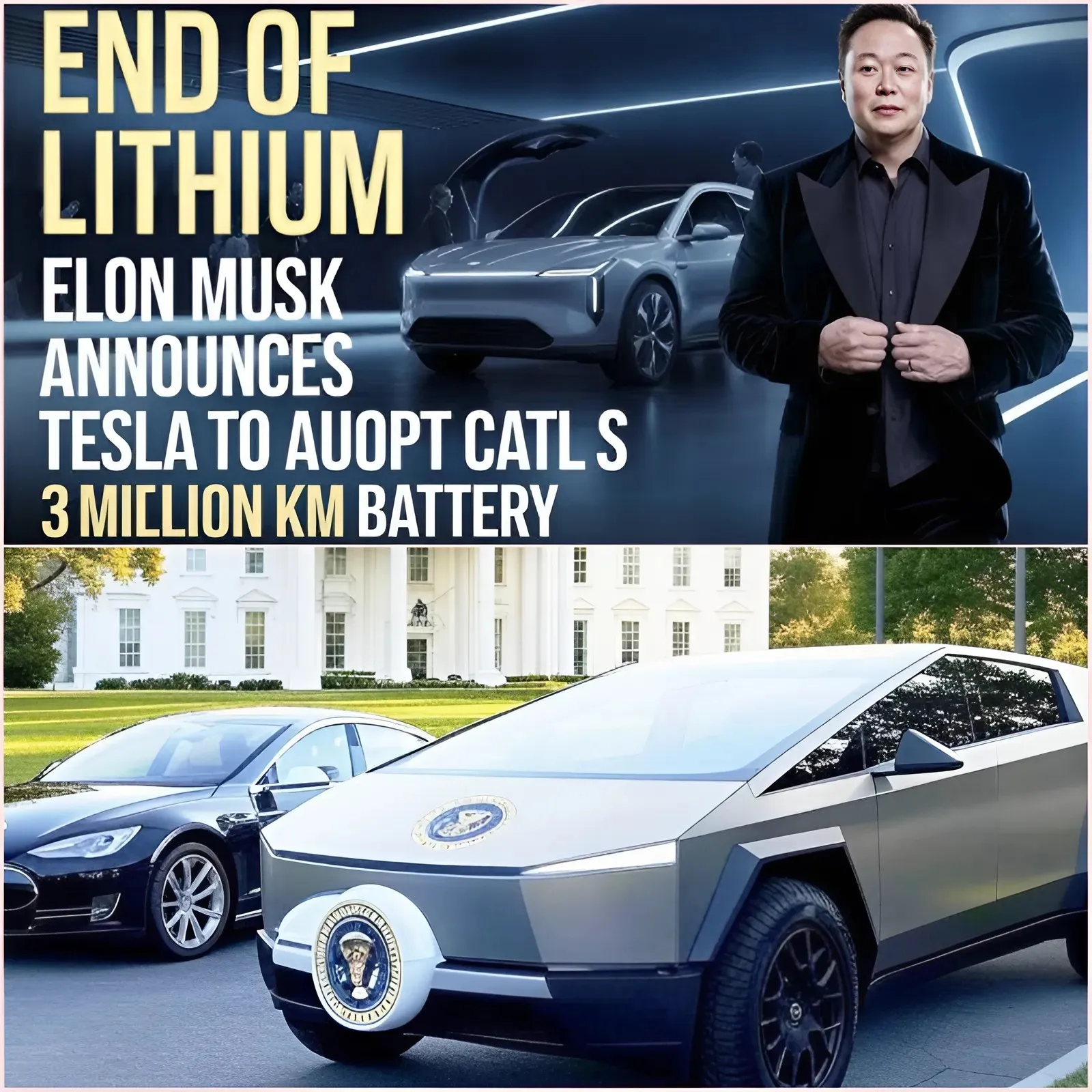Tesla is once again revolutionizing the automotive industry, as Elon Musk has announced a groundbreaking shift in battery technology that could redefine the future of electric vehicles (EVs). The upcoming 2025 Tesla Model 2, long anticipated as the company’s most affordable EV to date, is set to introduce a new aluminum-ion super battery that could signal the end of lithium-based batteries in Tesla’s lineup.
The shift away from lithium-ion batteries marks a major milestone not only for Tesla but for the entire EV market. Lithium has long been the dominant material in battery production, providing the foundation for modern rechargeable batteries used in EVs, smartphones, and countless other devices. However, lithium mining presents significant environmental and ethical concerns, including water depletion, habitat destruction, and exploitative labor practices in certain regions. By moving toward aluminum-ion technology, Tesla aims to offer a more sustainable and efficient alternative that could accelerate the global transition to electric transportation.

The aluminum-ion battery, often described as a potential game-changer in energy storage, offers several advantages over traditional lithium-ion counterparts. One of the most significant benefits is its superior charging speed. Reports suggest that aluminum-ion batteries can charge up to 60 times faster than lithium-ion batteries, potentially enabling Tesla vehicles to achieve full charge in just minutes rather than hours. Such a dramatic improvement in charging time would address one of the primary concerns of EV adoption—charging convenience—bringing it closer to the refueling speed of gasoline-powered vehicles.
Another key advantage is the longevity of aluminum-ion batteries. Unlike lithium-based batteries, which degrade over time and lose efficiency after thousands of charge cycles, aluminum-ion technology promises a longer lifespan with significantly reduced capacity loss. This means fewer battery replacements over the lifespan of the vehicle, lowering maintenance costs and making EV ownership more economical for consumers.
In terms of energy density, aluminum-ion batteries have historically lagged behind lithium-ion cells, but recent advancements in materials science and manufacturing techniques are closing the gap. Researchers and engineers at Tesla’s battery division have reportedly developed a proprietary method to enhance aluminum-ion energy storage capacity, potentially rivaling or even surpassing current lithium-ion standards. This improvement could allow Tesla’s future models, including the Model 2, to maintain competitive range capabilities while benefiting from the other advantages of aluminum-based technology.

Additionally, aluminum is one of the most abundant metals on Earth, making it a more cost-effective and environmentally friendly option. The extraction and refinement of aluminum are significantly less harmful compared to lithium mining, reducing the ecological footprint associated with battery production. This shift aligns with Tesla’s broader sustainability goals, reinforcing its commitment to creating a greener and more ethically responsible supply chain.
The introduction of aluminum-ion batteries in the 2025 Tesla Model 2 could have profound implications beyond Tesla itself. As one of the most influential companies in the EV industry, Tesla’s move away from lithium could pressure other automakers and battery manufacturers to accelerate their own research into alternative technologies. If aluminum-ion batteries prove to be as revolutionary as anticipated, they could quickly become the new standard for EVs, reshaping the industry and pushing legacy automakers to adapt or risk falling behind.
The Model 2, positioned as Tesla’s most affordable vehicle yet, is expected to play a crucial role in making EVs accessible to a broader audience. With a price target reportedly under $25,000, it aims to compete directly with budget-friendly gasoline-powered cars, providing an attractive option for those who have been hesitant to switch to electric due to cost concerns. The combination of affordability and cutting-edge battery technology could make the Model 2 one of the most significant EV releases in history.

Despite the excitement surrounding the new aluminum-ion battery, Tesla has not yet disclosed the full technical specifications or production timeline for the Model 2. The company is expected to reveal more details in the coming months, potentially at a major event or investor presentation. Given Tesla’s track record of ambitious claims and occasional delays, industry analysts are cautiously optimistic but eager to see whether the company can deliver on its promises.
If Tesla successfully integrates aluminum-ion technology into its lineup, it could mark the beginning of a new era for electric vehicles. Faster charging, longer-lasting batteries, and a more sustainable production process could make EVs more practical and appealing than ever before. The implications extend far beyond Tesla, potentially influencing global energy storage solutions and accelerating the transition away from fossil fuels.
As the automotive world watches closely, the 2025 Tesla Model 2 stands as a symbol of innovation and change. With Elon Musk leading the charge, Tesla continues to push boundaries, challenging the status quo and redefining what is possible in the realm of electric mobility. Whether the aluminum-ion revolution lives up to its promise remains to be seen, but one thing is certain—Tesla is not slowing down in its mission to shape the future of transportation.





